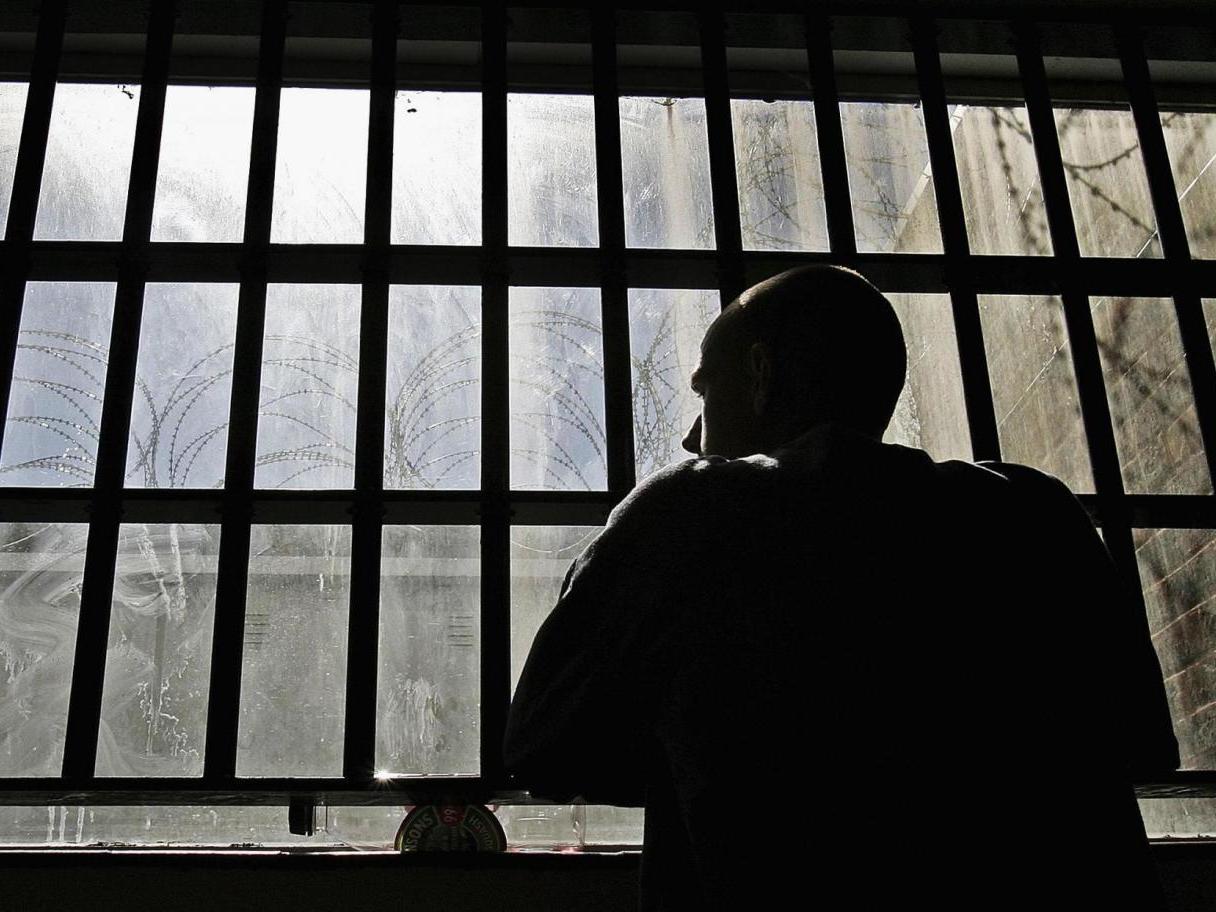Watchdog reveals shocking conditions of UK's child prisons
Report shows staff shortages mean many young offenders locked in cells for 23 hours a day, with some prevented from showering daily

Children are being locked up for almost entire days in youth prisons, with some prevented from showering every day, a watchdog has warned.
An annual report by HM Inspectorate of Prisons found that deepening staff shortages in jails mean many 12 to 18-year-olds are being locked in their cells for nearly 24 hours a day, with increasingly poor access to showers and telephones.
And although the numbers who had felt unsafe in young offender institutions (YOIs) has fallen from a record high level in 2015–16, the survey found that almost 40 per cent of inmates still feel unsafe.
Campaigners have said the findings demonstrate that children in custody are being treated worse than animals, describing the treatment as “appalling” and warning that “children are being harmed”.
Inspectors also flagged up how, across both types of custody, there were disproportionate numbers of black and minority ethnic children, and children from Gypsy, Romany or Traveller communities, compared to their representation in the general population.
Children with disabilities and mental and emotional health problems, and with backgrounds in local authority care, were also held in high numbers.
Publishing the analysis of the experiences of young people held in the youth custody estate, Chief Inspector of Prisons Peter Clarke said there was an “urgent need” for an “effective operational response” to the issues raised.
“The need for this to be the case has actually increased, particularly when it comes to improving both the perceptions and the reality of safety," he said.
"Until this is addressed, the broader objectives of delivering education, training and creating a rehabilitative environment will not be achieved."
HM Inspectorate of Prisons (HMIP) compiled the report from questionnaires completed by youngsters detained at secure training centres (STCs) and young offender institutions (YOIs) in England and Wales between the start of April 2016 and the end of March this year.
Staffing issues at both STCs and YOIs had a ”detrimental impact“ on the daily regime for all children, according to the watchdog.
The report says: ”We have found far too many boys being locked in their cells for more than 22 hours each day, with staff struggling to manage the complexities of regimes where some boys can only be allowed out of their cells while others are locked up.“
"Put simply, in some places, on some days, there were too few staff to enable boys and girls to have the range of daily activity they should have had or, for example, to ensure daily access to showers and telephones," the assessment adds.
Responding to the findings, Frances Crook, chief executive of the Howard League for Penal Reform, said: “Once again, this annual report presents an appalling picture. Children are being harmed.
“The Howard League is representing children who have been held in solitary confinement for long periods of time. Boys hardly ever see daylight, have a very poor diet, get little or no help with their problems, and even getting a shower is a challenge. If we treated animals like this, it would be a national scandal.
“The inspectorate is right to draw attention to the disproportionate numbers of black and minority ethnic children, and children who have been in care, in custody. It raises serious questions about the sentencing and remand decisions of the youth courts.”
Minister for Youth Justice, Philip Lee, said: “More young people feel safer in custody than the same period last year, but current safety levels are still unacceptable and I have been clear there is much more to do.
“That’s why we are investing an additional £64m to improve youth custody, including boosting the number of frontline staff in public sector Young Offender Institutions by 20% - all of whom will be specially trained to work in the youth estate.
“At the same time, 140 existing officers are already enrolled on a specialist youth custody worker foundation degree – in addition to the new highly trained officers, this will improve the safety of both staff and children and increase access to education and other activities.
“We are also strengthening the provision of mental health care with more psychologists and specialised units for the most vulnerable children – the first of which opened at Feltham this month.”
Join our commenting forum
Join thought-provoking conversations, follow other Independent readers and see their replies
Comments
Bookmark popover
Removed from bookmarks